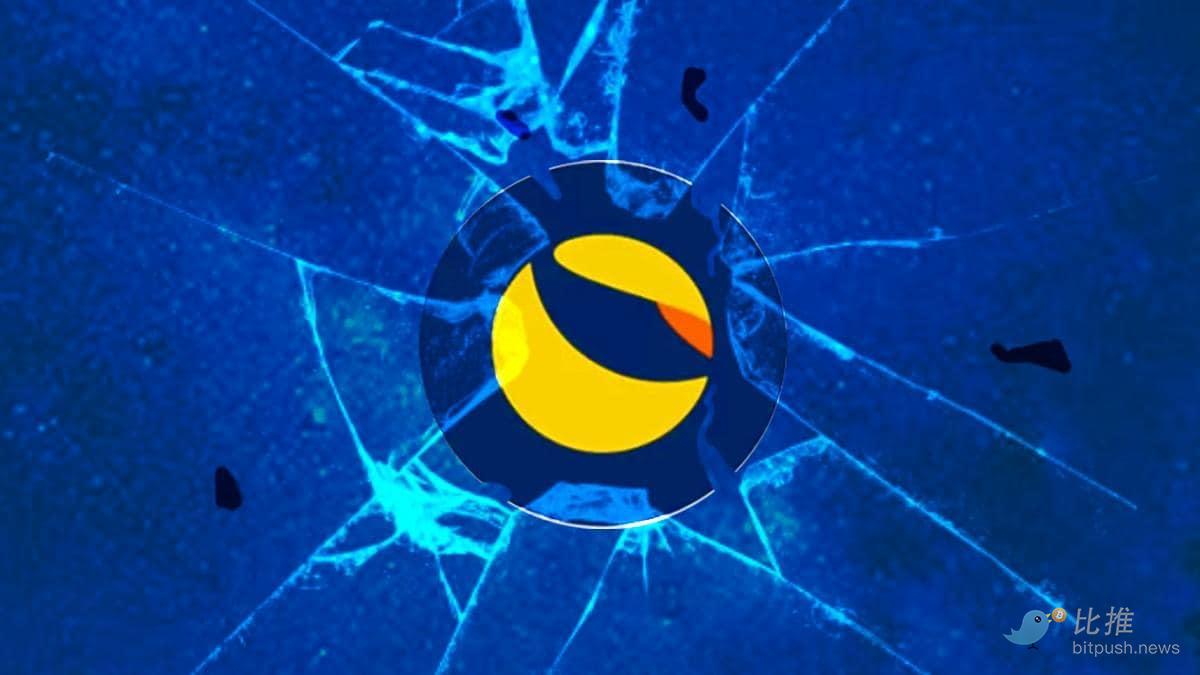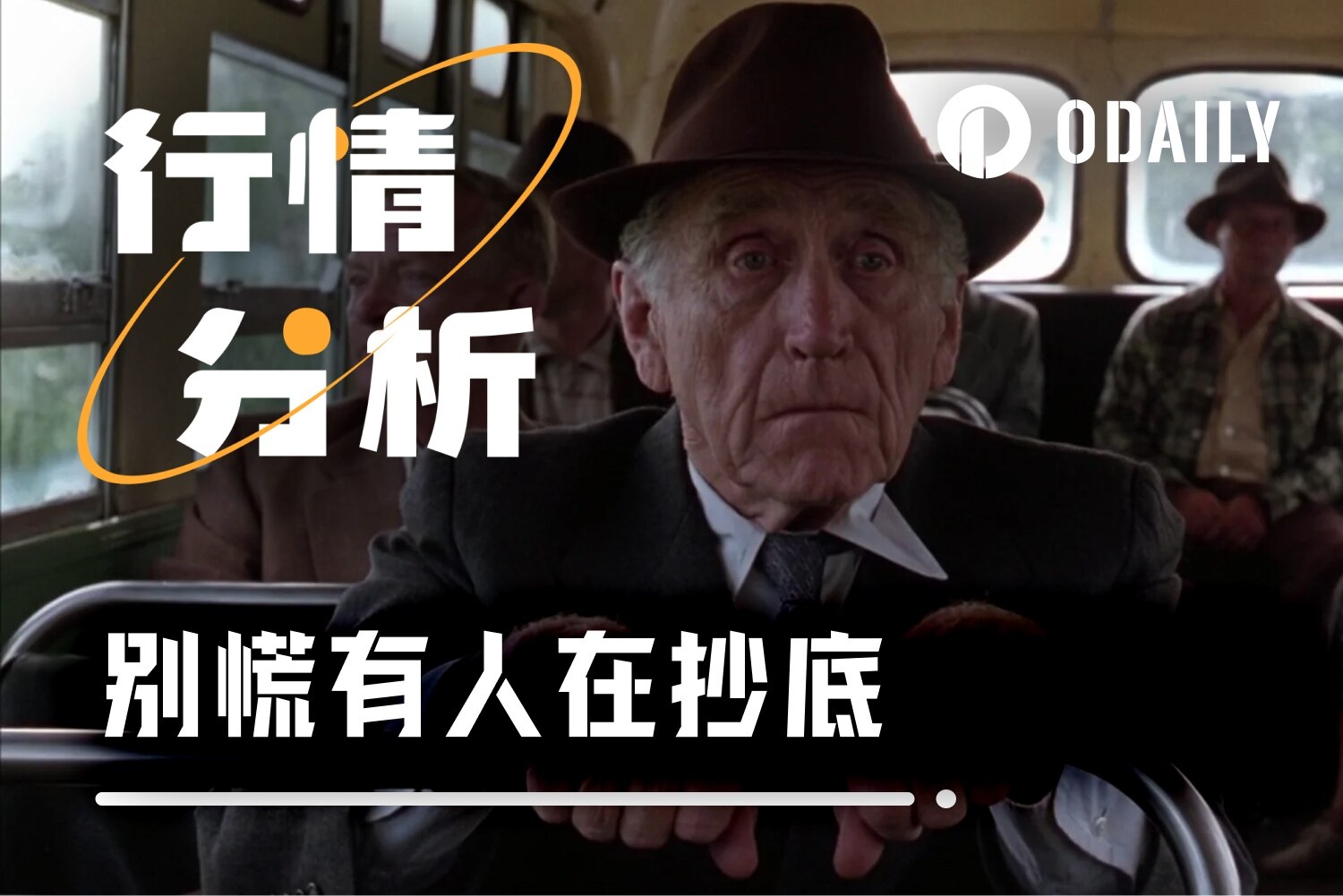业务作假、套现1亿美金,美SEC文件曝光Terra背后更多欺诈细节
原文来源:BitpushNews
稳定币 TerraUSD 的崩溃抹去了超过 400 亿美元的市值,从此引发了加密行业的一连串破产冲击波。本周四晚间,美国证券交易委员会(SEC)发布了一份长达 55 页的文件,详细说明了针对 Do Kwon 和他的公司 Terraform Labs 的各种欺诈指控。

文件中,SEC 称 Kwon 和其他利益相关方“参与了一项欺骗和误导投资者的计划……在美国和国外”,这些指控与 31 岁的 Kwon 及其合作伙伴向投资者和全球媒体塑造的人设截然不同。
以下是 SEC 文件中的一些投诉要点:
1、不稳定的“稳定币”
Terraform 和 Kwon 在 TerraUSD( UST)的稳定性方面误导了投资者。该代币被定位为一种算法稳定币,声称使用复杂的数学算法来确保与美元 1: 1 锚定。
该代币于 2021 年 5 月脱钩,引发了用户的恐慌。美 SEC 写道,如果不迅速恢复锚定,它“将给整个 Terraform 生态系统带来厄运”。
此时,Kwon“秘密地”向第三方寻求帮助,该第三方在文件中未被指明,但据 The Block 报道为 Jump Trading。Jump 购买了“大量”的 UST 以帮助其恢复锚定,但这一努力被公开宣传为 UST 去中心化、自发的、自我修正能力的胜利,导致投资者继续向该产品投入了数十亿美元。
美国证券交易委员会的备案文件显示,Jump 最终从与 Terraform 的合作协议中获利约 13 亿美元。
2. Do Kwon 和他的同伙正在大规模套现
在 Terra 系统崩溃后,已经有各种链上工具尝试追踪从 Terraform Labs 和附属实体流出的资金,尤其是比特币。最近,一家韩国新闻网站声称发现 Do Kwon 在塞尔维亚兑现了价值约 100, 000 美元的比特币。

但 SEC 的文件中披露了更为具体和广泛的指控。他们声称 Kwon 和同伙“将超过 10, 000 个比特币从 Terraform 和 Luna Foundation Guard 账户转移到一个非托管钱包中。”
SEC 声称,自 2022 年 6 月以来,他们已经将超过 1 亿美元的比特币转移到一家未具名的瑞士银行并兑换成法定货币。
将 Kwon 绳之以法可能是一个棘手的过程,因为他的确切位置仍然未知,彭博社上周报道称,有人在塞尔维亚发现了他,韩国检察官最近访问了该国,与当地官员讨论他的案件。Kwon 的韩国护照已被吊销,他的名字被列入国际刑警通缉名单。
3、比想象中更虚假的业务关系
为了让人们对 Terraform 区块链感到信任,Kwon 和他的团队声称一家名为 Chai 的韩国支付公司正在使用它来结算数百万笔交易。SEC 称,这完全是捏造的。
Chai Corporation 由 Daniel Shin Hyun-seung 创立,他也是 Terraform 的创始人。Kwon 是 Chai 的董事会成员,两家公司共享办公空间和人员。据 Forkast News 11 月报道,韩国当局正在对 Chai 和 Shin 进行调查,并援引 Chai 发言人的话说,“Daniel 将全力配合正在进行的调查,以澄清误解并解决此类猜测。”
SEC 表示,Terraform 和 Kwon 在公开采访中就 Chai 的参与作为招商引资工作的一部分做出了“虚假和误导性陈述”。这包括向一位美国机构投资者通过 PPT 展示 Chai 在使用 Terraform 区块链方面的速度和效率。
SEC 在指控文件中写道,为了欺骗追踪 Terraform 区块链的人以获取 Chai 交易的证据,Kwon 团队对服务器进行了编程以接收和处理有关 Chai 与韩国商家的真实交易数据,然后向 Terraform 区块链发出指令复制这些交易,实际上,根据指控,“区块链上没有发生 Chai 交易。”
换句话说,Do Kwon 不仅在自己的声明中夸大了 Chai-Terra 的关系,还创建了一个完整的假服务器来转移假资金来模拟假交易,其明确目的是欺骗投资者。
4、未注册证券
SEC 称,UST 和其他与 Terraform 相关的代币是未注册证券。其中包括在区块链之间转移时创建的所谓封装版代币,以及旨在复制上市股票价格变动的镜像代币。
SEC 表示,Terraform 未注册这些不同的产品违反了美国证券规则。
具体来说,该机构表示五种资产是“加密资产证券”:LUNA 代币、Wrapped LUNA、UST、MIR 代币,以及基于证券的掉期或在 Terra 的 Mirror 协议下开发的 mAssets。SEC 审查了投诉中的资产,将其与 Howey 测试的不同组成部分相关联,Howey 测试源自 1946 年美国证监会 SEC 诉 Howey 公司案,该机构已多次使用该测试来确定加密货币是否是证券。
这一指控可能成为审判中最受关注的部分,因为加密行业对 SEC 关于代币是证券的任何说法高度敏感。



